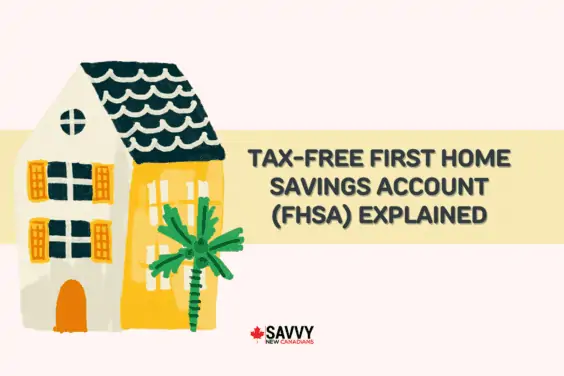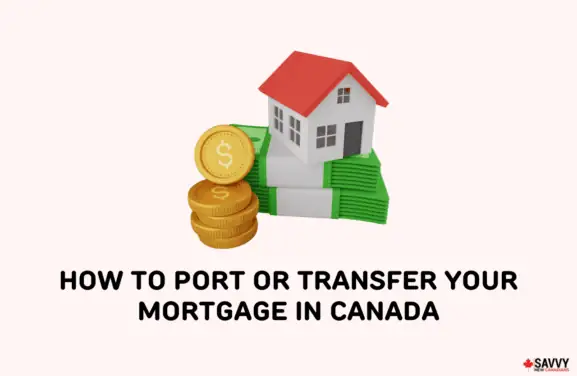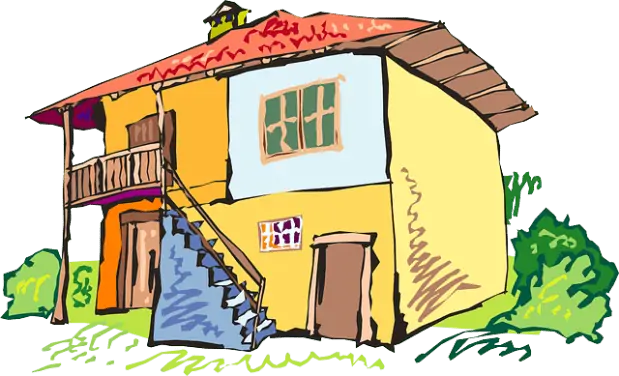If you want to get a mortgage in Canada, your credit score will play a key role in whether your application gets approved.
But what is the minimum credit score you need to get a mortgage in Canada? And what can you do about it if your score is too low?
Read on to learn everything you need about the minimum credit score you need in Canada to get a mortgage.
Key Takeaways
- The minimum score you need to get a mortgage in Canada is about 660.
- While getting a mortgage with a lower score may be possible, the higher your score, the better.
- Using a co-signer could be a way to get around this if you have a low score.
- There are several ways to improve your score to boost your mortgage chances.
What Credit Score is Needed for a Mortgage in Canada?
When you apply for a mortgage in Canada, all lenders will check your credit score. To apply for a traditional mortgage, you should aim to have a credit score of 660 or more.
This is classified as a “Good” credit score. Below this is a “Fair” score, meaning you present more risk to lenders.
However, this rule is not set in stone. For example, some lenders may provide you with a mortgage even if you have a lower score, but this will likely come with a higher interest rate.
Also, a score of 660 may not mean you get the best rates. In general, the higher your score, the better. The average credit score in Canada is currently 672, according to Borrowell. But if you score 680 or over, this will help you qualify for the best rates.
What is the Minimum Credit Score for a Mortgage with a Co-Signer?
If you have a low credit score, one option that might be available is to use a co-signer. This is where you apply for a mortgage with someone else, like a family member, who agrees to make the mortgage payments should you be unable to.
This can make it easier to qualify for a mortgage because it reduces the risk for the lender.
But the co-signer must have a good credit score. Again, this means a score above 660, but higher is better. They should also have a good income.
How Does Your Credit Score Affect Your Mortgage?
Why is your credit score so important? Because it gives the lender a good indication of how reliable you are when dealing with credit.
The lender wants to know that you will repay your loan. If you have a bad credit score because you have failed to pay off previous loans on time, this increases the risk for the lender.
So, your credit score affects whether you can get a mortgage in the first place. Some lenders may simply reject your application if you have a bad score.
But it also impacts your mortgage in other ways, primarily by helping to determine the interest rate.
If you have a lower score, you might not qualify for a mortgage with the best interest rates, leading to a more expensive mortgage than someone with a better score.
How to Improve Your Credit Score for a Mortgage
If your credit score is too low to get a mortgage in Canada, there are several steps you can take to improve it. Just be aware that these may take several weeks or months to have a notable effect on your score:
- Check your credit report and ensure no mistakes are hurting your score unfairly. If you find any, get them fixed. Get into the habit of monitoring your report regularly using a free service like Borrowell.
- Sign up for a credit building service like that provided by Koho. For a small fee, you can start building your credit score over time by borrowing a small amount of money and making your payment on time.
- Apply for a secured credit card. These require a security deposit and have less strict application requirements. You can then use your card to spend a small amount and pay it back each month to gradually improve your credit score.
- Reduce your credit utilization. Aim to use less than 30% of your total available credit, which can help improve your credit score.
- Get into the habit of paying all your bills on time every month.
- Avoid applying for multiple types of credit, like loans and credit cards, in a short time.
- Try to have a mix of credit, such as credit cards, car loans, and lines of credit.
What is the Easiest Bank to Get a Mortgage in Canada?
There is no single bank where it is easier to get a mortgage in Canada, but there are several options to consider, and some may be easier than others.
You could go to a standard bank like Scotiabank, TD, or RBC. They will require a good credit score, and the process is usually fairly straightforward. You may have to book an appointment at your local branch to present the documentation.
Then there are digital banks like Neo Mortgage, Nesto, and Tangerine Mortgage. With these, you can often complete the process online. This way, you can apply, upload documents, and get your mortgage from home.
You could find out about mortgages from your credit union. The process of applying is similar to a standard bank.
Finally, consider using a mortgage broker. They do the hard work for you by researching the best mortgages on the market based on your circumstances. They may even get access to mortgage deals that you can’t find on your own.
FAQs
Getting a mortgage with a credit score of 600 or less can be difficult, and the interest rate will probably be high. Try to improve your score to get it up to 660 or more.
It’s unlikely you will qualify for a mortgage with a score of 550. Work on improving your score over time and aim for at least 660.
A poor credit score in Canada is typically categorized as a score between 300 and 559. Getting a mortgage with a poor credit score is very difficult.
Related: What is a Conventional Mortgage?



